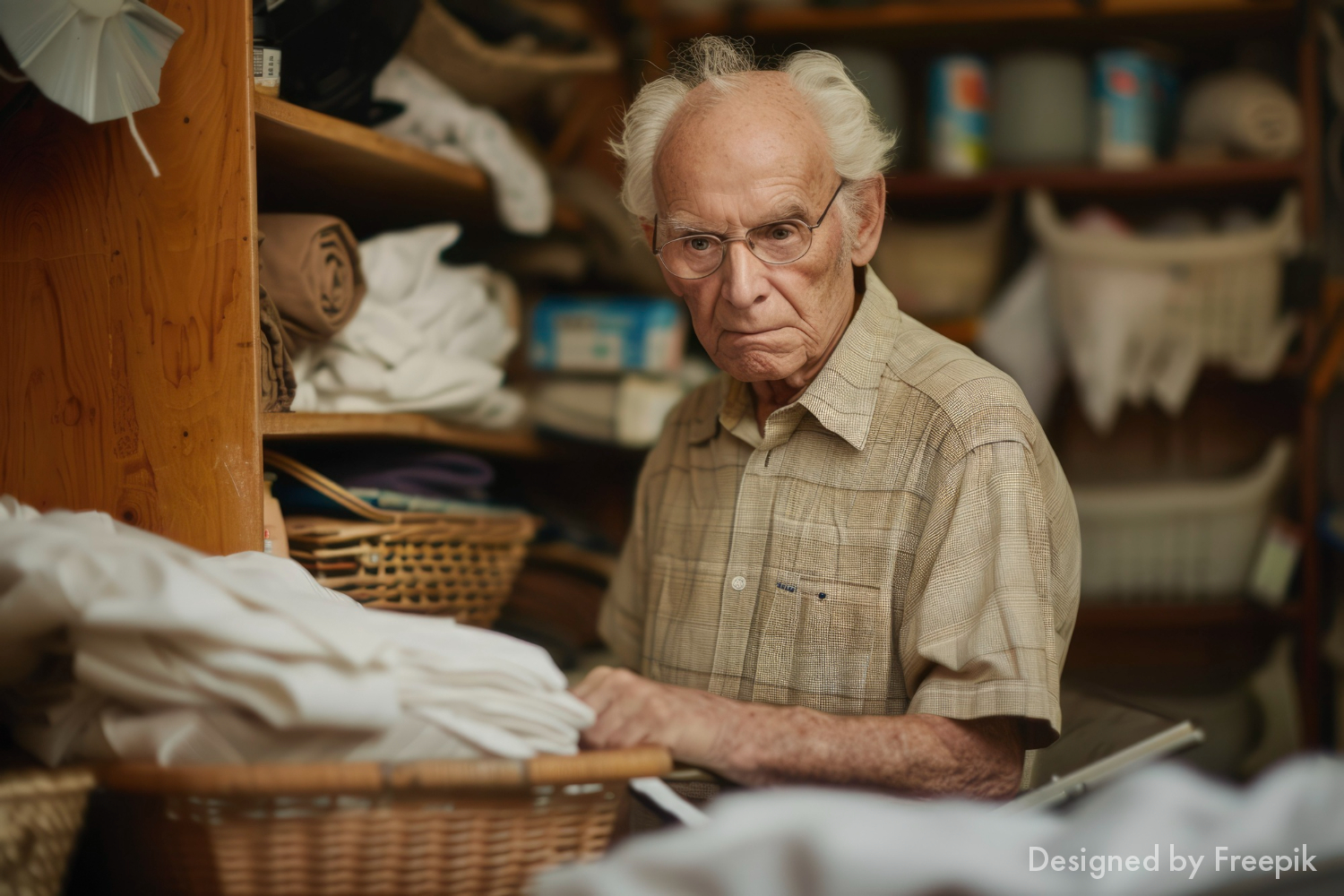As family members, we often feel a deep sense of responsibility for ensuring the happiness and well-being of our elderly loved ones. When they reach a certain age, it’s natural to start thinking about how best to support them. However, one of the most meaningful ways we can contribute to their quality of life is by fostering their ability to live independently for as long as possible. The importance of independent living cannot be overstated—it’s more than just a lifestyle choice; it’s a cornerstone of dignity, self-esteem, and mental health for older adults. Let’s explore why this is so important and how families can help make it a reality.
1. Preserving Dignity and Self-Worth
Imagine losing the ability to make your own decisions, no matter how small. For many older adults, retaining control over their daily lives is essential for maintaining their dignity and sense of self-worth. Simple activities like preparing their favourite meal, choosing their outfits, or deciding how to spend their day give them a sense of purpose and independence.
When elders are supported in living independently, they’re able to maintain this control, which can significantly boost their confidence and overall happiness. On the other hand, unnecessary dependency can often lead to feelings of helplessness or a loss of identity. By encouraging independence, we’re helping them retain the pride that comes with being self-reliant.
2. Boosting Mental and Emotional Well-Being
Independence is closely tied to mental and emotional health. When seniors are empowered to live independently, they’re more likely to stay socially engaged, pursue hobbies, and remain physically active. These activities reduce the risk of depression and cognitive decline.
On the flip side, when elderly individuals feel they’ve become a burden, it can negatively affect their mental state. Encouraging independent living reassures them that they’re capable, valued, and still in control of their own lives.
3. Enhancing Physical Health
Independent living often encourages seniors to stay physically active, whether it’s gardening, cooking, or even light exercise. Regular movement improves mobility, balance, and overall health. Moreover, the sense of accomplishment that comes with completing tasks—no matter how small—acts as a motivator to keep going.
Families can further support this by ensuring their loved ones have access to safe environments and necessary tools, such as grab bars in bathrooms, assistive devices, or mobility aids. These small adjustments can make a huge difference in enabling independent living.
4. Strengthening Family Relationships
When families focus on fostering independence, the dynamic of the relationship shifts positively. Rather than acting as full-time caregivers, family members become supporters and encouragers. This can lead to deeper, more meaningful connections that are based on mutual respect rather than feelings of obligation.
Encouraging independent living also creates space for elderly loved ones to feel less guilt about “burdening” their families, which further strengthens these relationships.
5. Preparing for the Future
Encouraging independence doesn’t mean ignoring the realities of aging. Instead, it’s about finding a balance between independence and support. By gradually introducing tools, resources, and even professional help—such as homecare services—families can ensure their loved ones are prepared for the future while still maintaining their independence for as long as possible.
Practical Tips to Support Independent Living
- Adapt the Home Environment: Simple modifications like better lighting, non-slip mats, and easy-to-reach storage can make daily tasks safer and more manageable.
- Introduce Technology: Devices like personal alarms, video doorbells, and medication reminders can empower seniors to manage their lives independently.
- Encourage Social Connections: Help them stay in touch with friends, join community groups, or participate in activities that keep them socially engaged.
- Provide Professional Support: Homecare services, such as those offered by StandAway, can provide tailored assistance while preserving independence.
- Communicate and Collaborate: Have open discussions about their needs and preferences. Empower them to make decisions about their own care and lifestyle.
Independent living is not just about where an elderly person resides; it’s about how they experience their daily life. As family members, our role is to support their autonomy while ensuring they’re safe and cared for. By fostering independence, we’re not only enhancing their quality of life but also showing them the respect and love they deserve.
At Standaway, we understand the importance of independence for elderly individuals. That’s why our services are designed to strike the perfect balance between assistance and autonomy. If you’re looking for ways to support your loved ones, we’re here to help. Together, we can ensure that they live their golden years with dignity, happiness, and freedom. Contact us now



